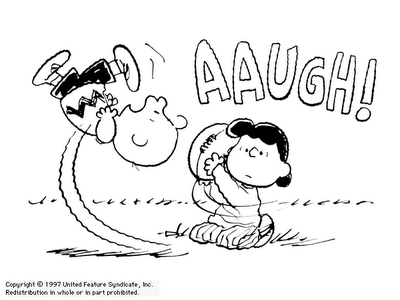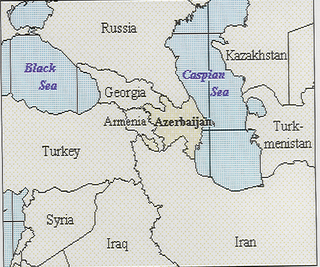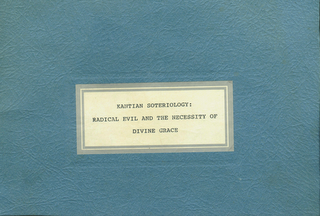I was channel surfing this evening, looking for something "Christmasy" while decorating the tree. I found Behind Enemy Lines, starring Owen Wilson (Lt. Chris Burnett) and a favorite of mine Gene Hackman (Admiral Reigart). The following is a review of the movie that I wrote back in 2003:

Review of
Behind Enemy Lines Lieutenant Chris Burnett is a flight navigator for the Navy who has become bored with the mundane routine of the military and wants to resign. He has turned in a letter of resignation to Admiral Leslie Reigart aboard the U.S.S. Carl Vinson, which is on patrol in the Adriatic Sea during the peace talks in Bosnia. Reigart offers to keep his letter for a week and encourages Burnett to reconsider. To help overcome his boredom, Burnett and his pilot Stackhouse are sent out on a reconnaissance mission. They deliberately stray into the demilitarized zone for a closer look when something unusual shows up on their radar. Burnett is able to take some photographs of what later turn out to be mass graves before their F-18 is hit and the two crewmen eject from the plane. When Burnett leaves the more seriously injured Stackhouse in order to attempt radio communication, Stackhouse is discovered and executed by Serb forces. Burnett witnesses the execution from a distance and begins his run for survival in the wilderness.
The theme of the movie is the “red, white, and blue” and the horror of war. I am told the movie was hurried to capitalize on the wave of patriotism following 9-11. Capitalistic motivations aside, the movie does deal with classic war themes of death and the value of life; the weighing of one life versus many lives; finding purpose in the midst of apparently senseless devastation; etc. To these ends the movie is very reflective of contemporary American culture. Post 9-11 America is favorably pro-military. This movie waves that flag by showing the genuine concern of Admiral Reigart for “our boy,” and the frustrated concern of his support staff in the face of NATO interference in American rescue efforts. The American concern for our POW’s shows in Admiral Reigart’s eventual decision to ignore NATO and participate personally in a rescue of Burnett. Admiral Reigart’s wrestling over his responsibility for Burnett and his “powerlessness” to do anything about it receives some development in the film. He trusts that the rigorous training which Burnett has undergone will see him through the difficulties “behind enemy lines.” This he communicates in his radio contacts with Burnett. However, the most extensive character development is of Burnett, who experiences a range of highs and lows in his trek across Bosnia.
It is interesting to see how movies can speak to the experience of the Christian life. It is in this respect that the movie shines. It is a bit of a stretch, but Burnett’s experience can be seen as allegorical of the Christian life (the name “Chris” is an interesting choice). His boredom with routine relates to the routine many Christians may feel in their day to day walk with Christ. The disciplines of prayer, Bible reading, regular worship, etc. may seem mundane at times, but they do prepare us for times of battle which often come when we least expect them. In the film these routines, meant to become “second nature,” help to save Burnett’s life. Christian “routines” help to save ours as well. (They are gracious means given by a gracious God). The several scenes in which Reigart talks to Burnett on the radio are presented in such a way that they are almost prayer-like—Reigart counseling and encouraging; Burnett confessing his wrongs and taking comfort as he gets to know the Admiral in a much more intimate way.
Burnett survives so many close calls and dodges so many rounds of ammunition that it is hard to see him as anything less than providentially preserved from the “flaming darts of the evil one.” The closest the film comes to a truly theological reflection is when the (French) NATO rescue helicopter is prematurely recalled from the rescue area when Burnett is believed to be dead. Burnett looks to the sky, apparently to God, and says “You’ve got to be [expletive] me!” It is just at this point, though, that he finally realizes the “higher” purpose in his delayed rescue. He has come full circle to his original crash sight and can recover the photos of mass graves that he took before the plane went down. He declares that Stackhouse will not have died “for no reason.” How often do we as Christians endure what to us are “senseless” circumstances only later to see God’s purpose in it all (Rom. 8:28)? He recovers the photos, is rescued by Reigart, and withdraws his resignation.




































